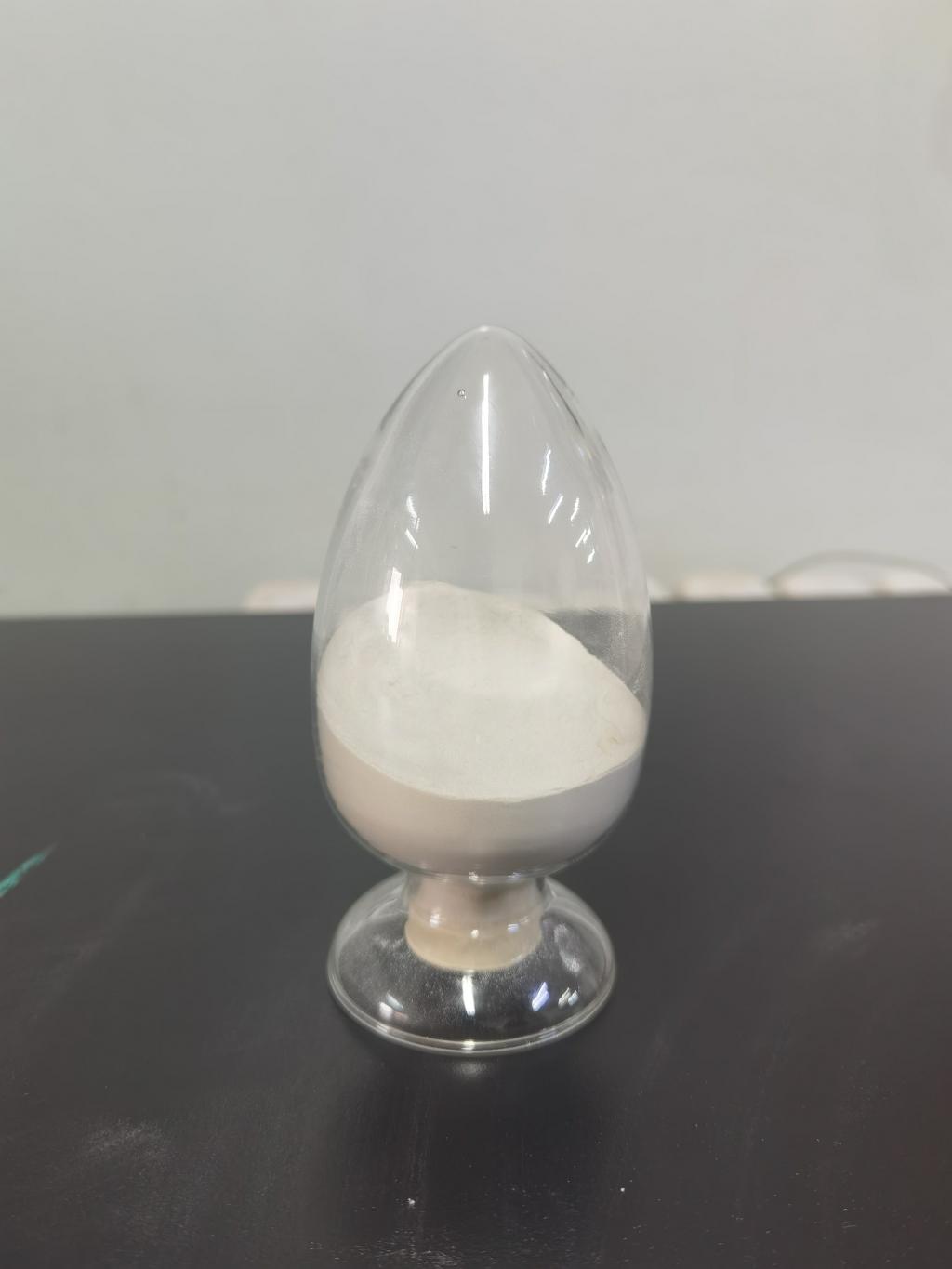Tel:+8618231198596

News
 CONTACT
CONTACT
 CONTACT
CONTACT
- Linkman:Linda Yao
- Tel: +8618231198596
- Email:linda.yao@dcpharma.cn
- Linkman:CHARLES.WANG
- Department:Overseas
- Tel: 0086 0311-85537378 0086 0311-85539701
News
The role of nisin in improving the safety of minimally processed foods is a topic of interest.
TIME:2024-08-27
What is Nisin?
Nisin is a class Ia bacteriocin, a type of antimicrobial peptide produced by certain strains of Lactococcus lactis. It has been used as a food preservative for over 50 years and is generally recognized as safe (GRAS) by regulatory agencies worldwide, including the U.S. Food and Drug Administration (FDA).
How Does Nisin Work?
Nisin specifically targets gram-positive bacteria, such as Listeria monocytogenes and Staphylococcus aureus, which can cause serious foodborne illnesses. Its mechanism of action involves binding to the lipid II component of the bacterial cell wall, disrupting the cell membrane and leading to cell death. This makes nisin particularly effective against pathogenic and spoilage microorganisms that can compromise the safety and quality of minimally processed foods.
Benefits of Using Nisin
Enhanced Food Safety
The addition of nisin to minimally processed foods helps to inhibit the growth of harmful bacteria, reducing the risk of foodborne illnesses. This is especially important for products like fresh-cut fruits and vegetables, which are prone to contamination due to their raw state.
Extended Shelf Life
By controlling microbial growth, nisin can extend the shelf life of minimally processed foods without the need for harsh chemical preservatives or extensive heat treatments that can alter the sensory properties of the product.
Natural Preservation
As a naturally occurring substance, nisin is an attractive option for consumers seeking minimally processed foods with fewer synthetic additives. Its use aligns with current trends towards cleaner labels and more sustainable food production practices.
Applications in Minimally Processed Foods
Nisin can be applied directly to the surface of minimally processed foods or incorporated into packaging materials. Some common applications include:
Fresh-Cut Fruits and Vegetables: Nisin can be sprayed onto the surface of these products to reduce the risk of microbial growth.
Ready-to-Eat Meats: Nisin can be added to the brine solution used in meat processing to inhibit the growth of pathogens.
Dairy Products: In cheese and other dairy products, nisin can help prevent spoilage caused by bacteria.
Conclusion
The use of nisin in minimally processed foods offers a practical and effective way to enhance food safety while preserving the natural qualities and nutritional value of these products. As consumer demand for healthier and more sustainably produced foods continues to grow, nisin is poised to play an increasingly important role in the development of innovative preservation strategies.
- Tel:+8618231198596
- Whatsapp:18231198596
- Chat With Skype







